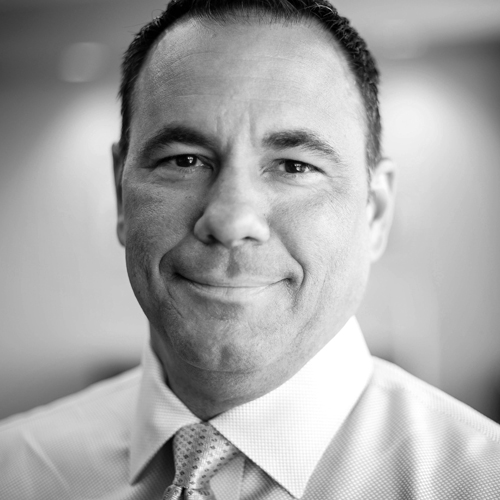When Gina Knox went to law school, she was looking to expand beyond the patient-care responsibilities of her role as a registered nurse at Evanston North Shore Hospital. The job she ultimately landed probably exceeded what she might have imagined at the time. As general counsel at Little Company of Mary Hospital (LCMH) in Evergreen Park, Illinois, much of Knox’s time is devoted to litigation strategy and risk management in the highly litigious environment of Cook County.
The county, which has no tort caps, has recently experienced a significant rise in the number of claims filed and other legal actions taken, along with a similarly large spike in the amount of verdict values—as high as $53 million.
It also operates with some unique statutes, such as interest that is attached to pending appeals, which adds to the cost and complexity of defending cases.
In light of this, Knox and LCMH take a proactive stance in responding to legal actions and addressing risk management with a thorough review of claims and education throughout the hospital. “It can be costly to mount a defense, but if you don’t put up a fight, you simply attract more of the same—much of which is inappropriate manipulation of the system for financial gain,” she says.
Knox and her team execute risk assessments and ensure that appropriate policies are in place to guide processes and decision-making at all levels of medical, support, and administrative staff. This can involve everything from reconciling apparent conflicts between various Joint Commission and Illinois Department of Public Health regulations to determining when on-premises recordings using smartphones and even police body cams is allowed.
While addressing and clarifying these issues, Knox initiates related educational programs for the appropriate staff and departments. Recent sessions have covered global standards of care and scenarios related to emancipated minors, informed consent, and appropriate procedures for DUI blood draws. Although typically driven by standard-of-care information, there have been instances when outside litigators and physicians have also been brought in to speak about issues involving risk prevention and management.
“I often ask groups to submit specific questions they have ahead of time so we can address them directly,” Knox says. “That helps avoid hypothetical situations and later having staff trying to make real-world decisions based on more general information we might have presented. We always want them to have specific details and to err on the side of caution.”
“It’s a good thing if you can reach out to ask for help. It doesn’t bother me if you don’t know the answer. It bothers me if you don’t know how to ask.”
Knox works tirelessly to ensure that the legal office is exceptionally accessible to everyone. Previously located on a remote floor before the hospital moved into its new building less than four years ago, the office is now in the same location as the rest of the hospital administration, which facilitates ongoing communication with key executives. She also encourages an open-door policy for anyone who may need advice.
“I want staff to feel free to come see me or consult with my office and to know that we’re accessible 24-7,” she explains. “That approach helps build personal relationships and demonstrates that we’re really part of the team. It helps create an environment in which staff welcomes our input instead of dreading when they see ‘the lawyers’ coming.”
To help establish sound relationships quickly, Knox is part of LCMH’s onboarding program for new physicians. She believes that meeting them “when things are good, not just when there’s a potential problem” goes a long way toward creating personal and more productive connections. Physicians who have met her through the program have, in fact, tended to be more proactive in consulting her and her office via texts and informally visiting the legal office.
In the thirteen years since Knox began working at LCMH, her philosophy of “self-education” has enabled her to keep up with the many changes that have occurred in healthcare practice, policies, governance, and regulation. For Knox, that process has included reaching out to colleagues and teammates and being mentored by Patricia Foltz of Anderson, Rasor & Partners. It’s helped her address issues that usually aren’t taught in law school, such as how to handle a recalled product that the manufacturer wants returned, but that is still considered evidence in an ongoing lawsuit.
Knox maintains an extended network that includes LISTSERVs and formal education, helping her to keep up with important legal developments and trends. It also provides her with valuable decision-making resources. “You might have all the information, but still need to talk it through with someone else to confirm that you have the answer,” she says. And when someone else needs assistance? “It’s a good thing if you can reach out to ask for help. It doesn’t bother me if you don’t know the answer. It bothers me if you don’t know how to ask.”
Through all her litigation, education, and risk management efforts, Knox attests that there is no such thing as a former nurse: “I’m really very protective of the hospital and the entire team.”

